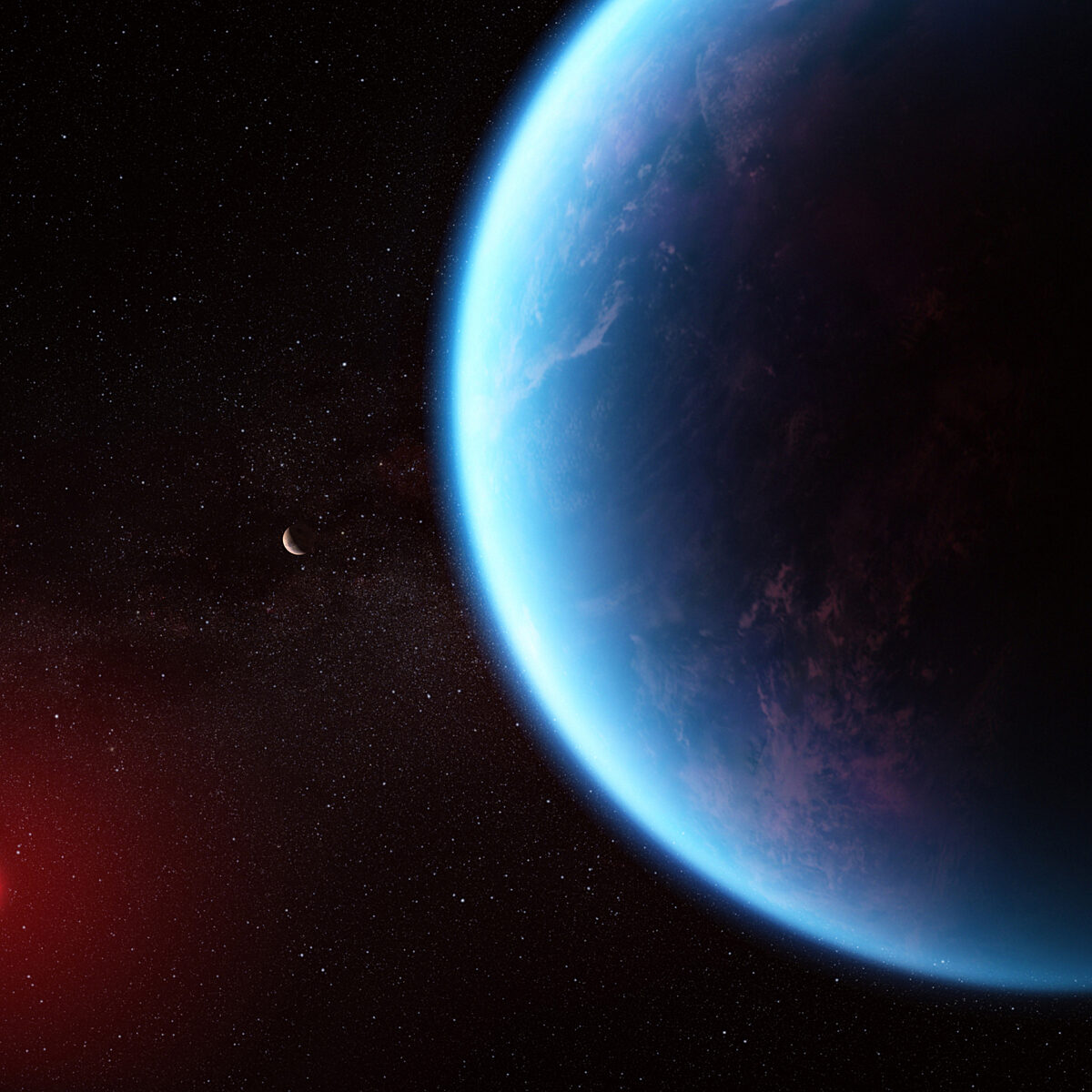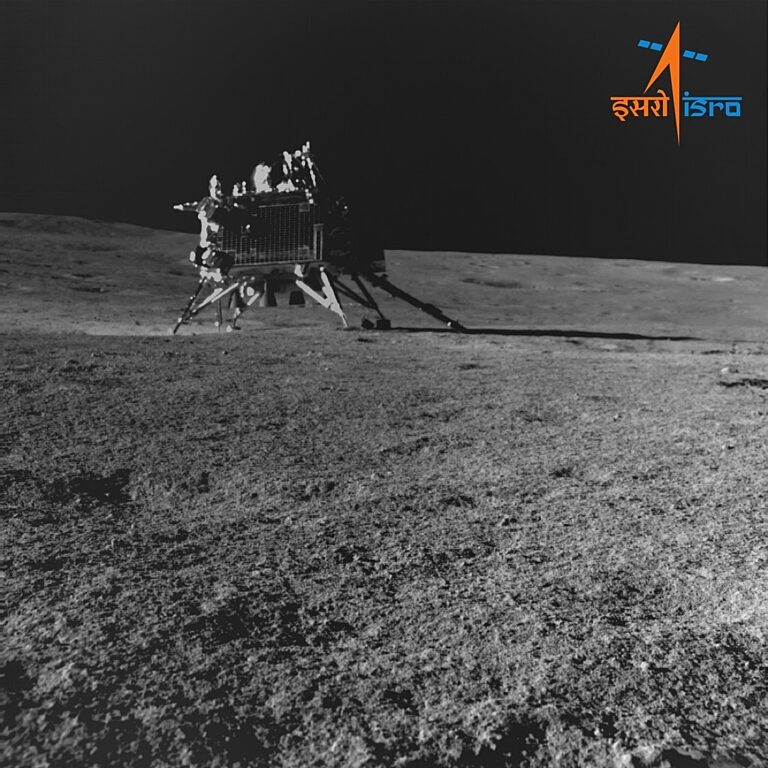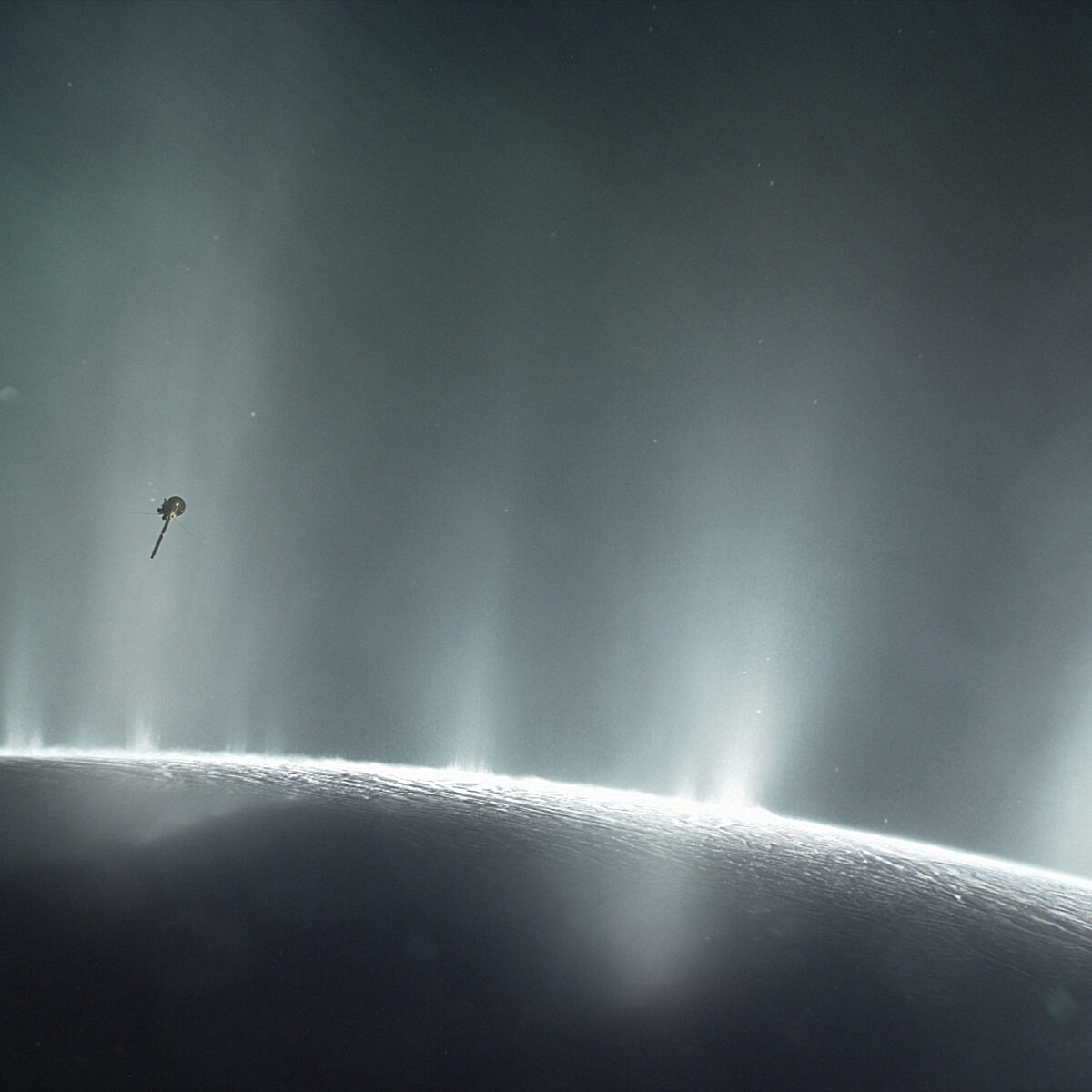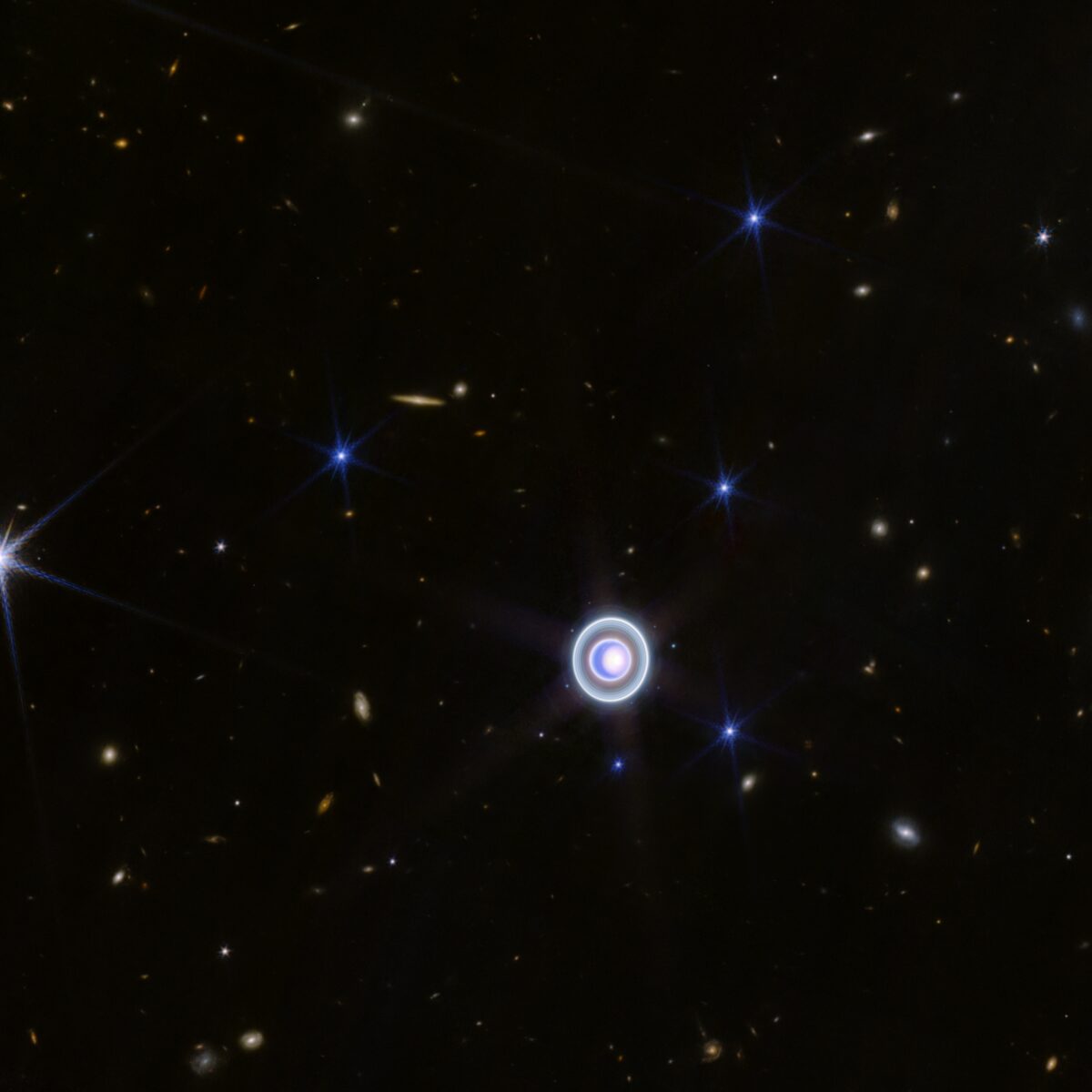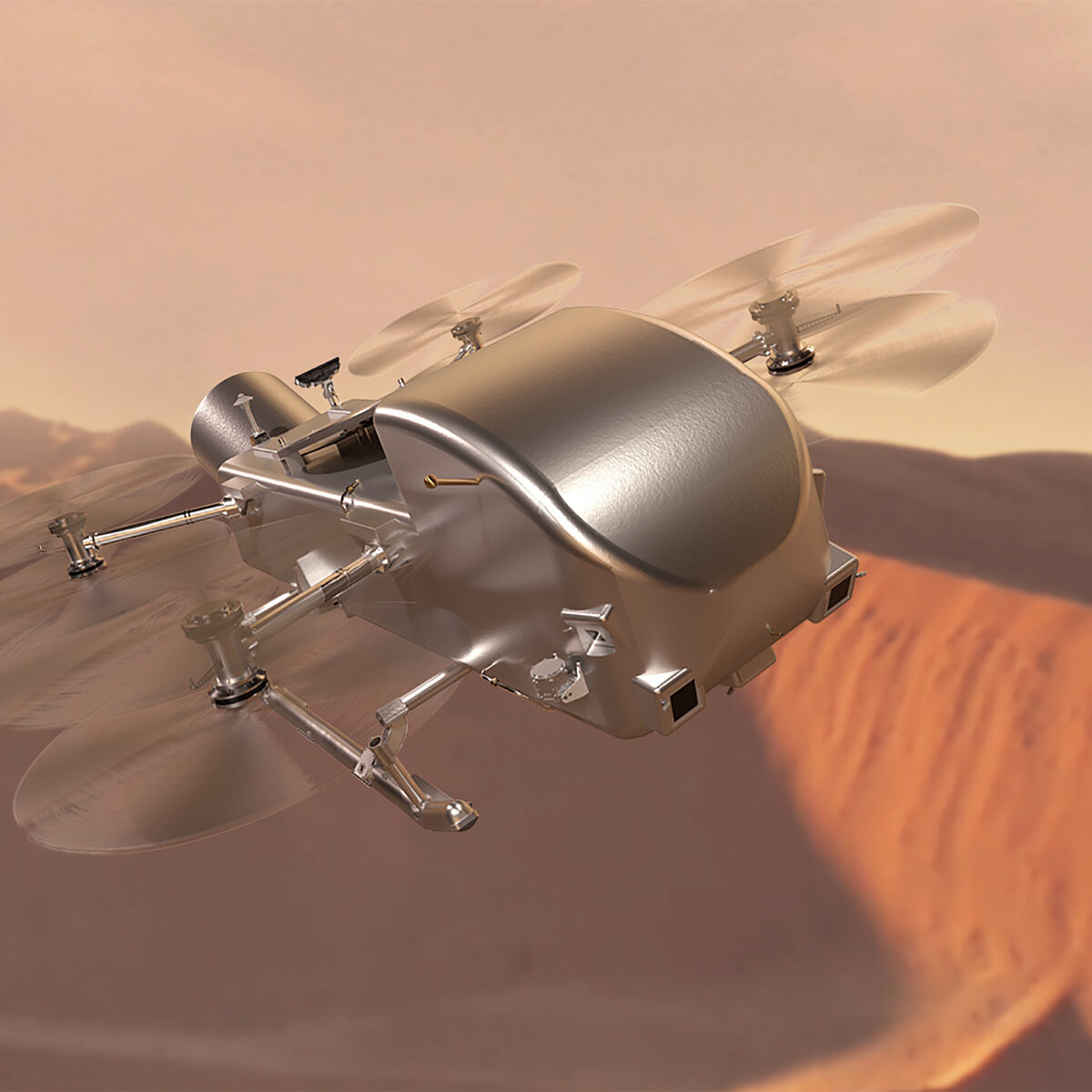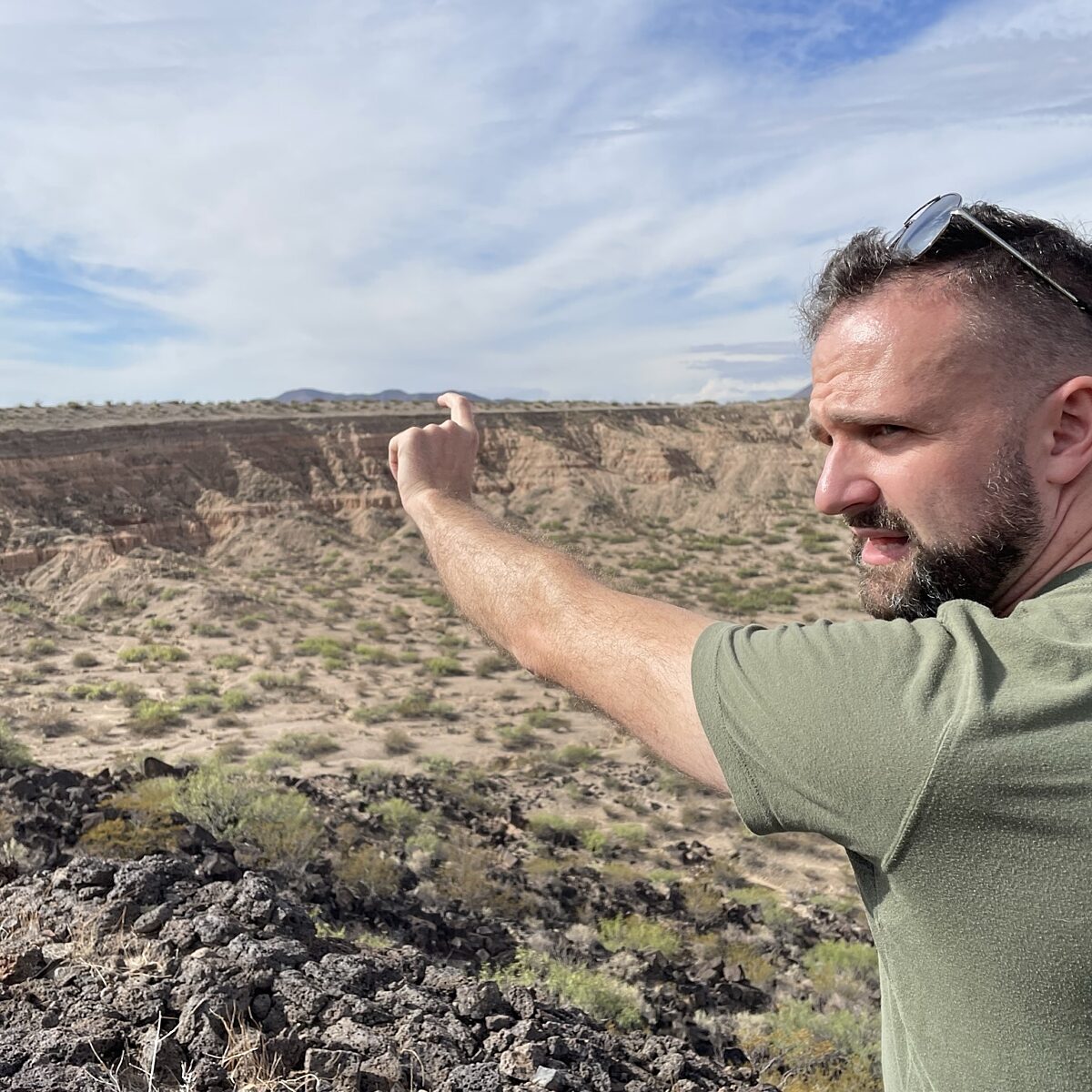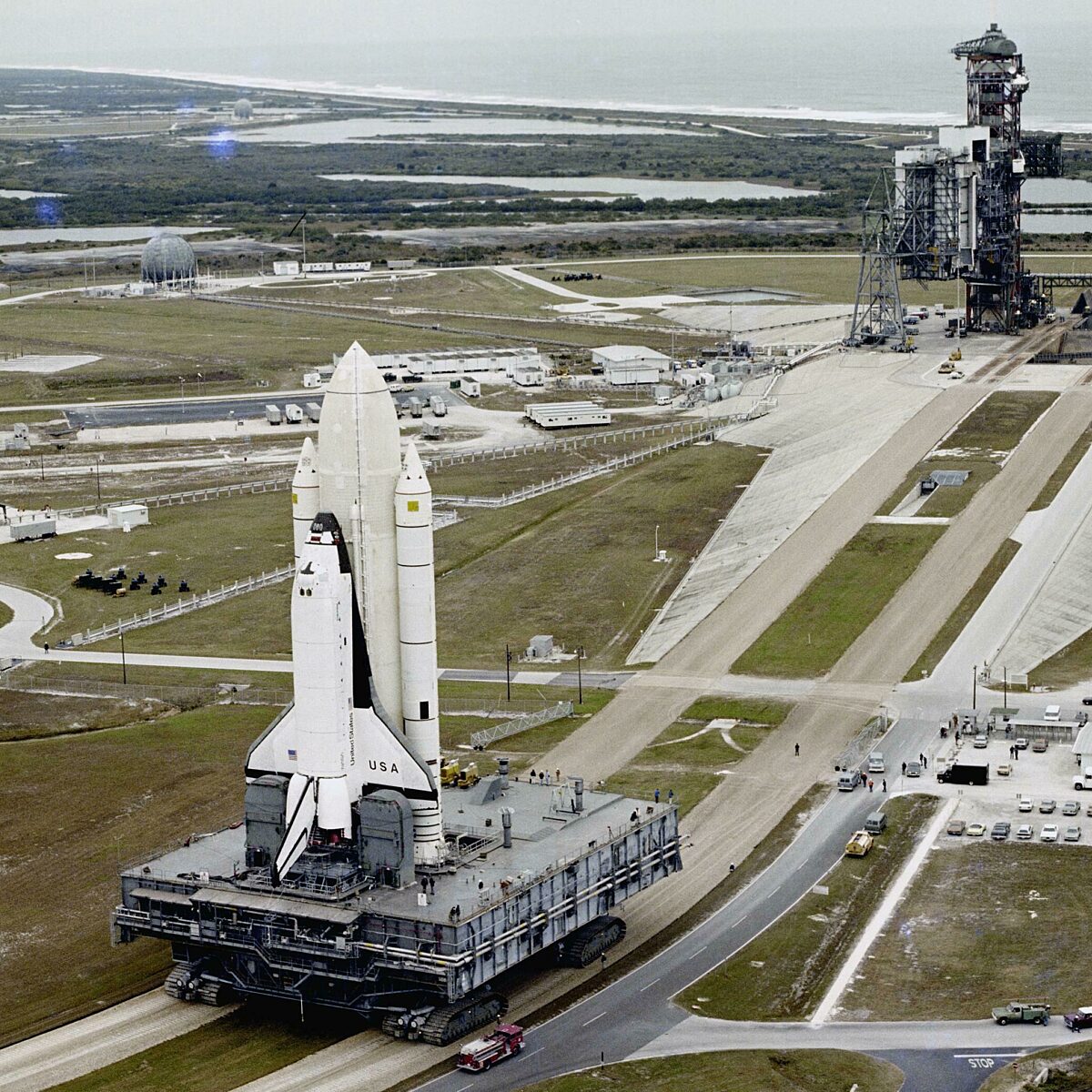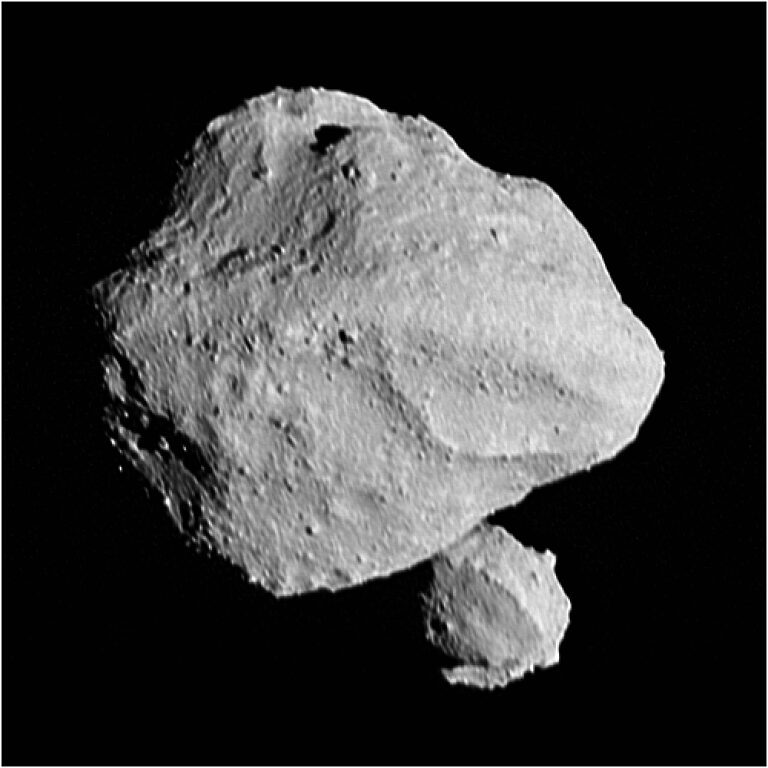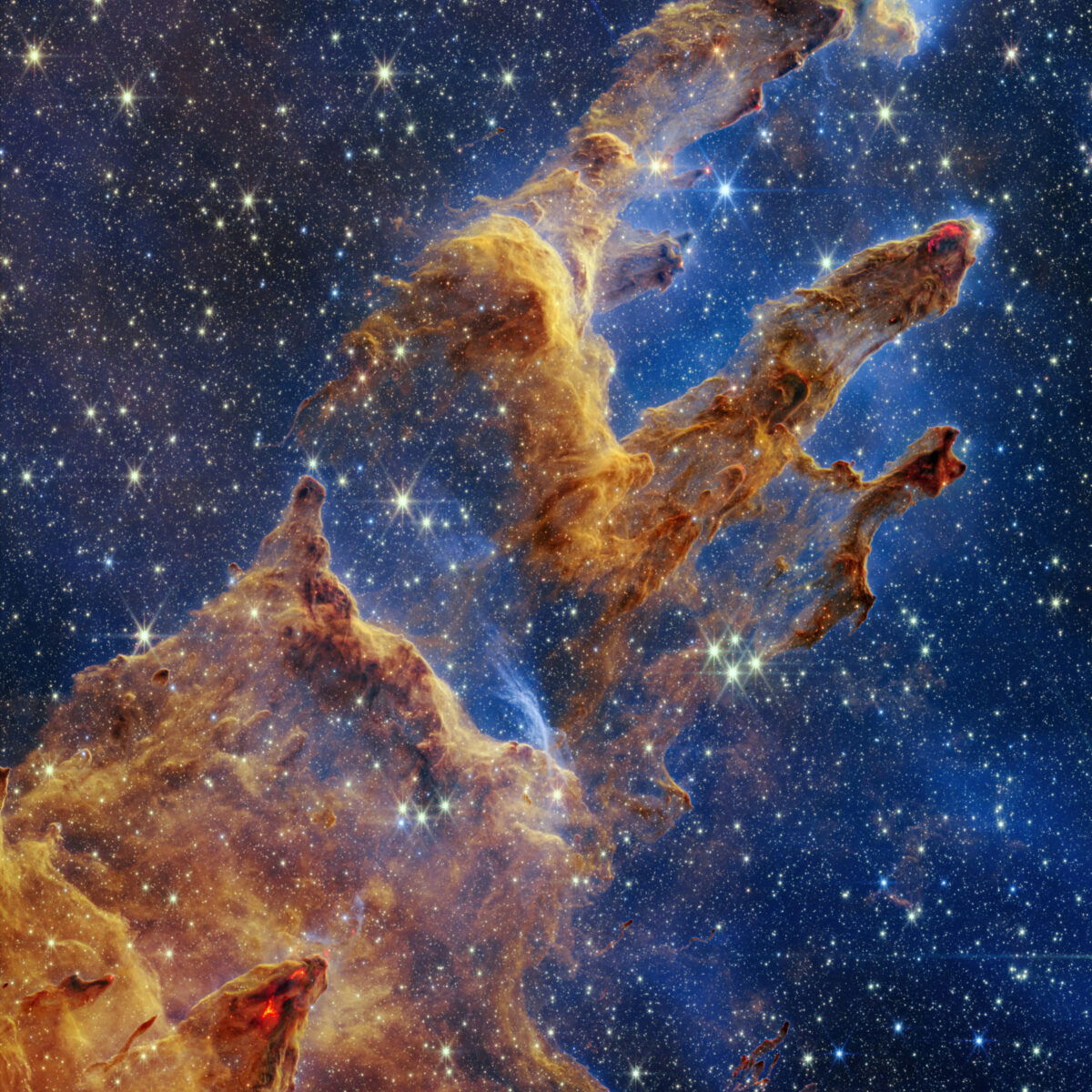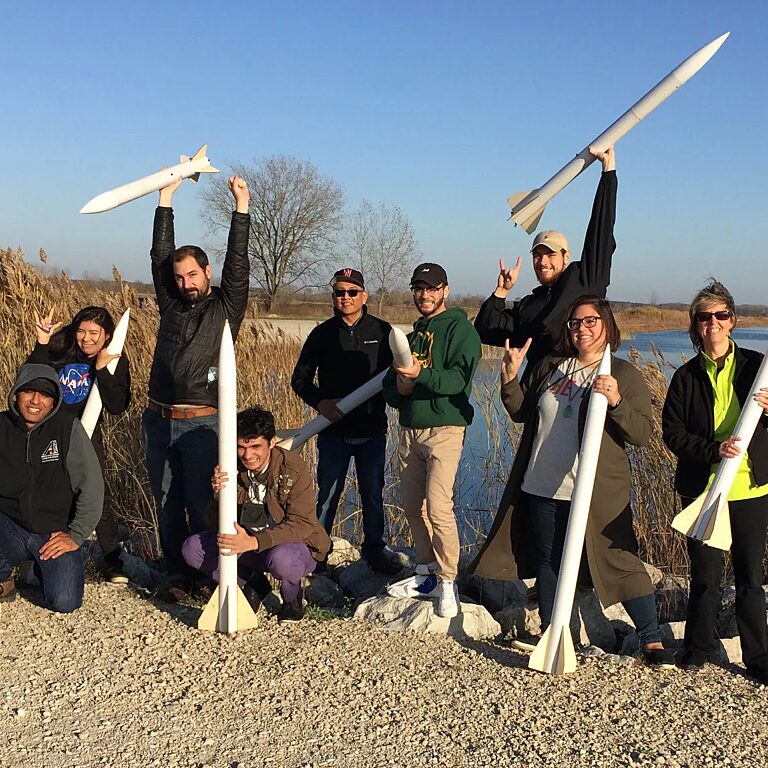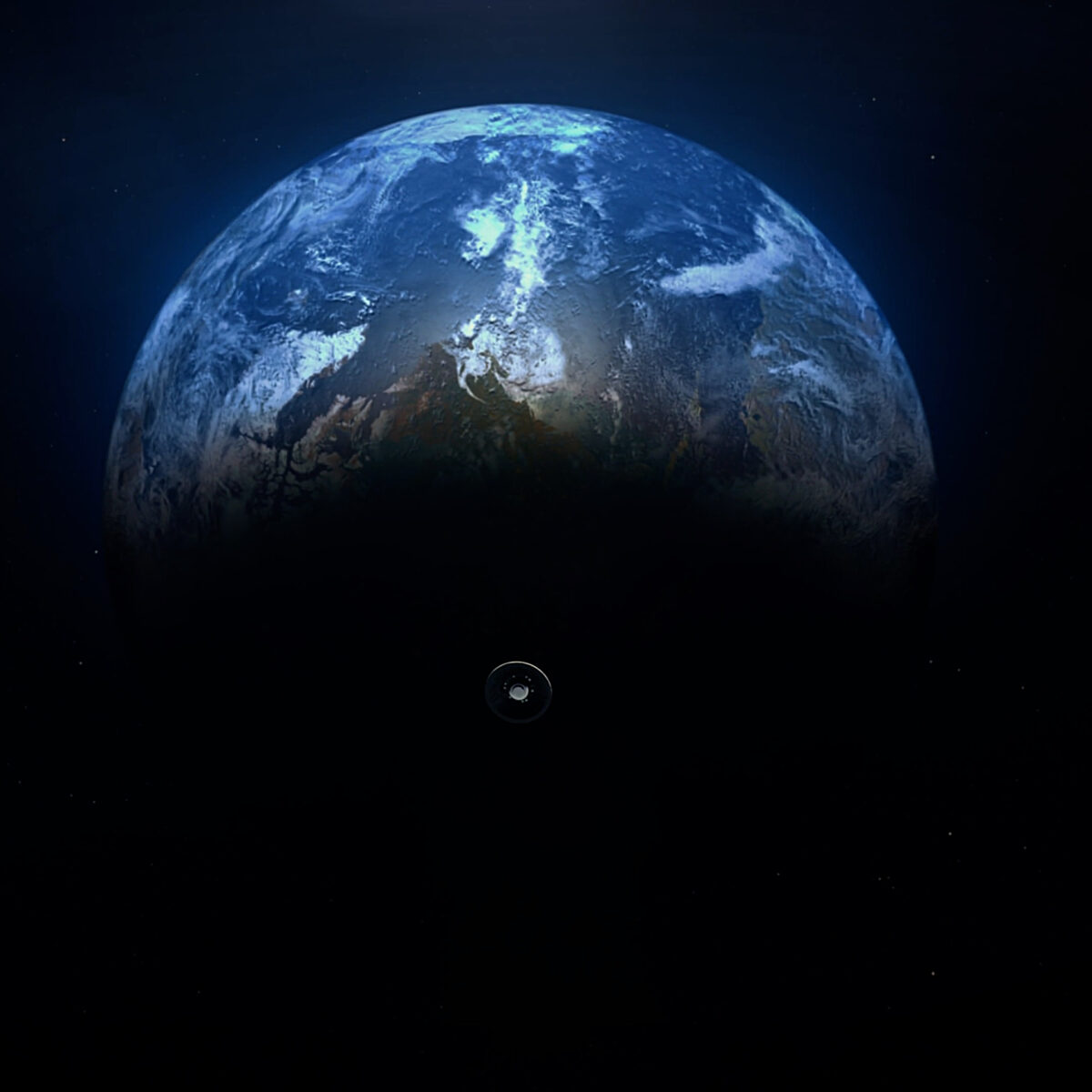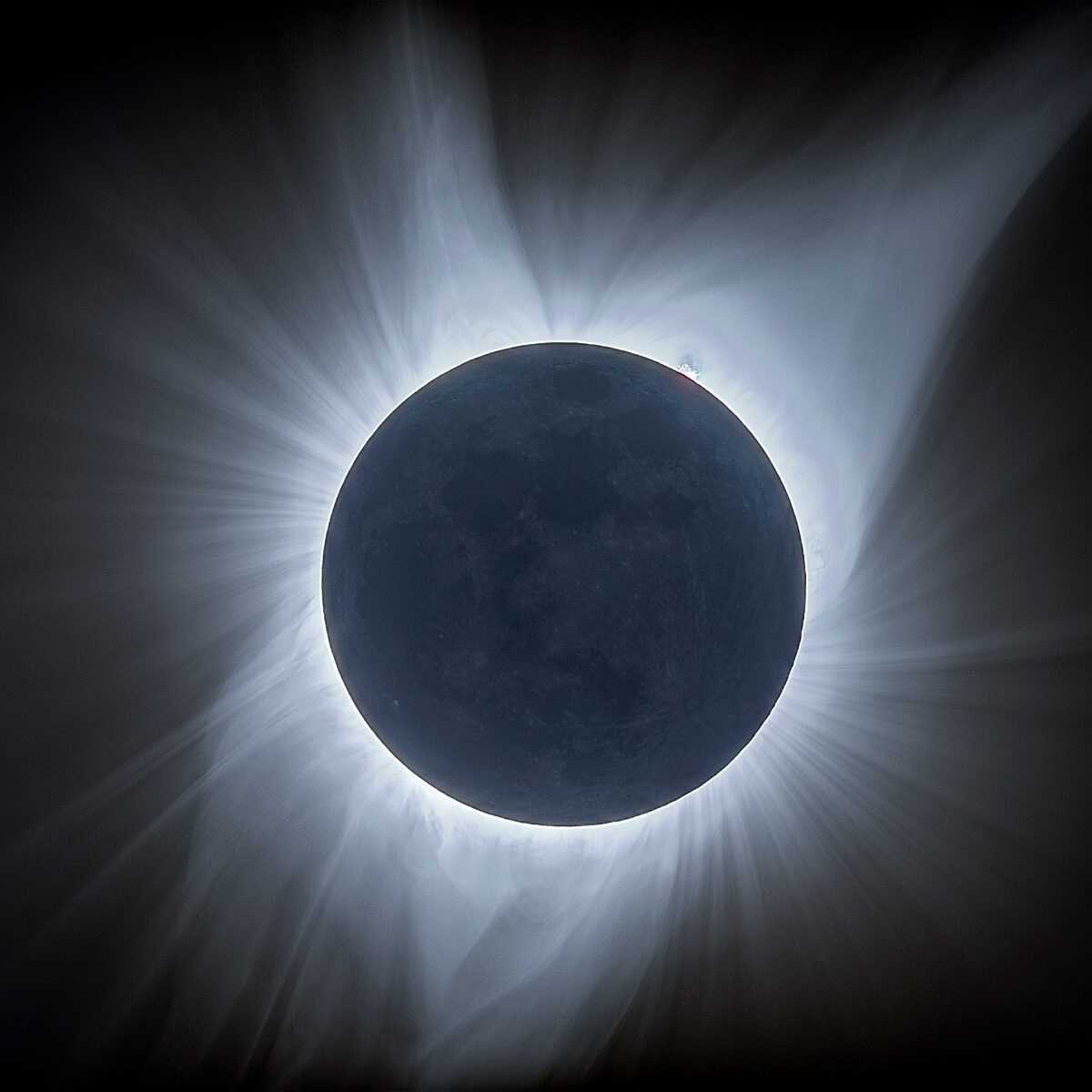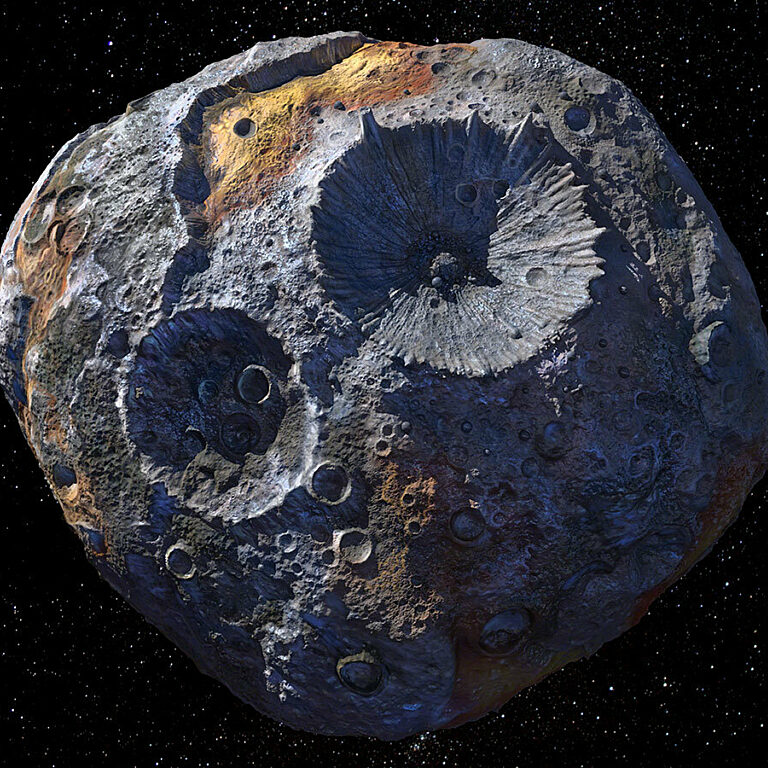Since 2002, Planetary Radio has visited with a scientist, engineer, project manager, advocate, or writer who provides a unique perspective on the quest for knowledge about our Solar System and beyond. The full show archive is available for free.
Search Planetary Radio
Knicole Colón, the deputy project scientist for exoplanet science for JWST, joins Planetary Radio to discuss the detection of methane and carbon dioxide in the atmosphere of K2-18 b.
UK-based space writer Gurbir Singh, author of the book The Indian Space Programme: India’s Incredible Journey from the Third World towards the First, joins the show to help us understand India’s growing ambitions and capabilities in space.
Chris Glein, a lead scientist at the Southwest Research Institute, joins Planetary Radio to talk about the discovery of phosphorus in the oceans of Saturn’s moon Enceladus and the implications for the search for life.
Members of The Planetary Society staff revisit some of 2023's most exhilarating moments and groundbreaking discoveries in space this week on Planetary Radio.
NASA's Dragonfly mission to Saturn's moon Titan has been authorized to proceed with work on final mission design and fabrication. This week on Planetary Radio, we get an update on the mission's progress and new timeline.
Mat Kaplan, Planetary Radio's creator and former host, takes us on an adventure with planetary geologist Kirby Runyon as they tour New Mexico, U.S.'s varied geology and compare it to other worlds.
Benjamin Fernando, a postdoctoral fellow from the University of Oxford, joins Planetary Radio this week to discuss the largest marsquake ever recorded and the international effort it took to pinpoint.
Though the Space Shuttle program lasted 30 years and built the ISS, it fell short of NASA's goals for cost, reusability, and reliability. Can a program be both a worldly success and a policy failure? In this Space Policy Edition, we dissect a classic space policy paper and debate its relevance today.
Hal Levison and Simone Marchi, the principal and deputy principal investigators for NASA’s Lucy mission, join Planetary Radio to discuss the spacecraft’s first asteroid flyby.
Nathaniel Kahn, an Oscar-nominated filmmaker and the director of Deep Sky, joins Planetary Radio this week to discuss the film's decade-long creation process and the magic of JWST images on the big screen.
Steven Smith, an Education Specialist from NASA's Science, Technology, Engineering, and Mathematics (or STEM) Program, joins Planetary Radio to share some of the unique opportunities available for students in the lead-up to humanity's return to the Moon.
Kelly and Zach Weinersmith join Planetary Radio this week to discuss their new book, A City on Mars: Can We Settle Space, Should We Settle Space, and Have We Really Thought This Through?
NASA's Mars Sample Return mission is both a top priority and seriously troubled. Independent review board chair Orlando Figueroa joins us to talk about the challenges and what must be done.
Jesse Tomlinson and Stephen Watkins from The Eclipse Company join Planetary Radio to talk about their partnership with The Planetary Society and the launch of their new eclipse map for the upcoming 2024 total solar eclipse in North America.
Simone Marchi, co-investigator for NASA’s Psyche mission, joins Planetary Radio to share the creative ways their mission team is working to understand cratering on metallic worlds.
The InSight RISE instrument's principal investigator, Sebastien Le Maistre, from the Royal Observatory of Belgium, joins Planetary Radio to discuss Mars' increased rotation speed.
We celebrate NASA’s OSIRIS-REx mission’s successful return of samples from asteroid Bennu to Earth on this week’s episode of Planetary Radio.
Join Planetary Radio host Sarah Al-Ahmed on a trip to the 2023 NASA Innovative Advanced Concepts (NIAC) Symposium in Houston, Texas. This episode is part two of two.
Join Planetary Radio host Sarah Al-Ahmed on a trip to the 2023 NASA Innovative Advanced Concepts (NIAC) Symposium in Houston, Texas. This episode is part one of two.
Louis Friedman, one of the three co-founders of The Planetary Society, joins Planetary Radio to discuss his new book, Alone but Not Lonely: Exploring for Extraterrestrial Life.


 Explore Worlds
Explore Worlds Find Life
Find Life Defend Earth
Defend Earth


